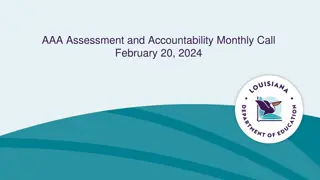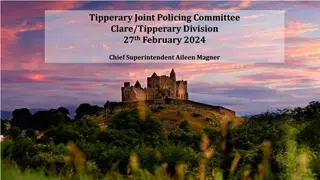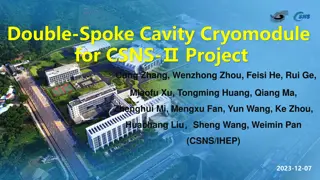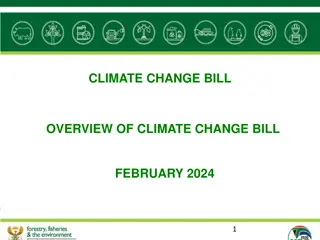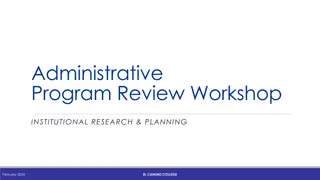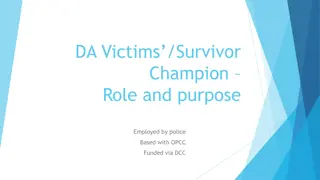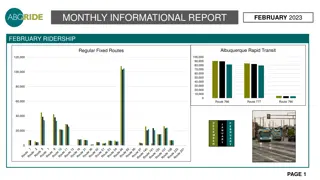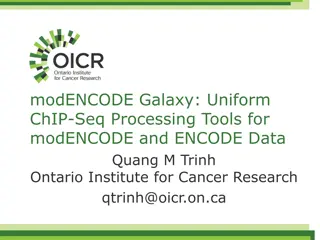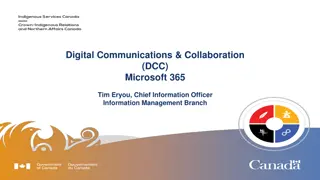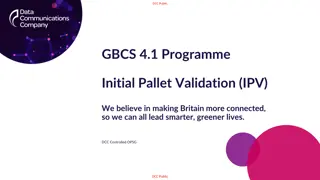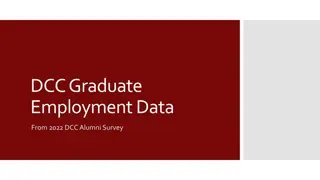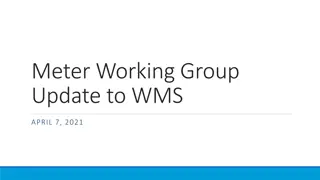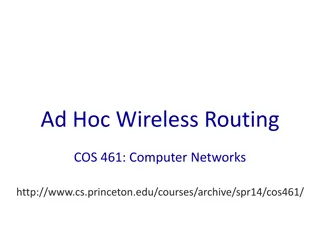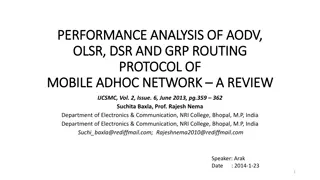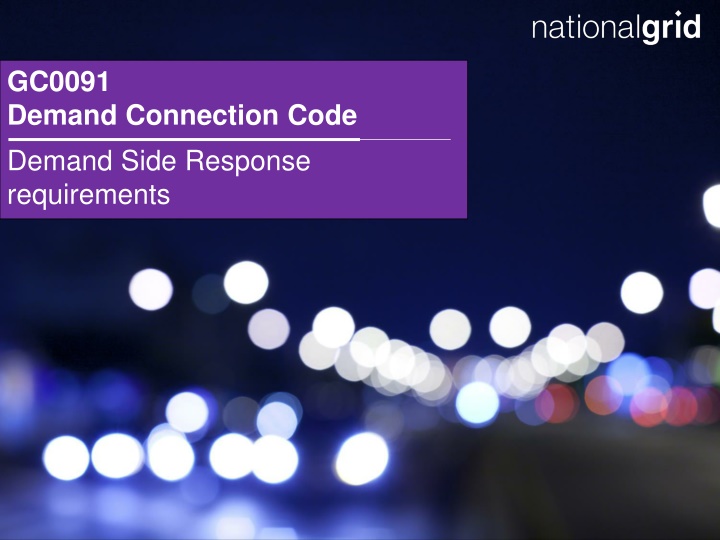
DSR Services and Legal Drafting Issues Under DCC for Energy Industry
Explore the high-level drafting issues and concerns related to Demand Side Response (DSR) services under the Demand Connection Code (DCC) in the energy sector. Discuss the correct interpretation and next steps for complying with DCC regulations.
Download Presentation

Please find below an Image/Link to download the presentation.
The content on the website is provided AS IS for your information and personal use only. It may not be sold, licensed, or shared on other websites without obtaining consent from the author. If you encounter any issues during the download, it is possible that the publisher has removed the file from their server.
You are allowed to download the files provided on this website for personal or commercial use, subject to the condition that they are used lawfully. All files are the property of their respective owners.
The content on the website is provided AS IS for your information and personal use only. It may not be sold, licensed, or shared on other websites without obtaining consent from the author.
E N D
Presentation Transcript
GC0091 Demand Connection Code Demand Side Response requirements
Overview Summary of DSR under DCC Draft legal text prepared for DSR (DCC Article 27 Article 30) Issues table prepared Aim to discuss:- High level drafting Issues Concerns Correct interpretation Discussion Next Steps 2
Summary of DSR Services under DCC Not Mandatory but applicable if a party wishes to provide DSR Remotely Controlled (Instructed) Demand response Active Power Control Demand response Reactive Power Control Demand response Transmission Constraint Management Autonomously Controlled (Automatic) Demand Response System Frequency Control Demand Response Very Fast Active Power Control 3
General Issues (1) Not all DSR providers will be CUSC signatories hence the term User may need changing How would non CUSC parties be treated or would the Commercial Agreement simply refer to Grid Code and Distribution Code clauses ie The Commercial Agreement simply states the Provider must comply with the appropriate clauses of the G Code and D Code Do we need to define a new term of Commercial Agreement Would this be equally applicable between Grid Code and D Code Do we need to define a new term Aggregator Art 28(2)(c), (e), (f) (k) and (l) Demand Units connected below 110kV it is assumed these issues are caught by National Governance (Ref Art 6 and Art (9)(1)) and do not require explicit reference in the Codes Standards for Operational Metering and Data Exchange For Grid Code this would probably be via the RES. For DNO s this requires further clarification 4
General Issues (2) Art 28(2)(g) Protection limits - Requires workgroup discussion this clause is unclear Art 28(2)(j) This is not clear Requires workgroup discussion Art 28(2)(k) Rate of change of Frequency This has been set at 1Hz/s second over 500ms timeframe to ensure consistency with RfG. Consideration needs to be given to performance under times of System stress including fault ride through and consistency with other codes Art 28(2)(I) Voltage / Frequency signals Are these issues not already covered by Art 28(2)(d) and Art 28(2)(e). Art 29(2)(b) As per previous slide Art 28(2)(c) (k). The same comments also apply to Art 29(2)(b) (d) Art 29(2)(g) Not well worded - requires further workgroup discussion General Glossary and Definitions requires further discussion 5
Questions Do the requirements in Articles 27 30 provide sufficient flexibility for all types of providers to offer the services they wish to provide without resulting in undue restrictions Are any parts of the DCC Demand Side Response provisions unclear. Is it appropriate to specify minimum requirements in the Grid Code and link any contract to those provisions. Are any of the requirements unachievable Do these provisions provide adequate flexibility for Aggregators. Does any work need to be addressed at a GB level to promote the role of Aggregators for DSR provision 6
Next Steps Consider provisional Legal Drafting and seek work group comments Consider issues and update legal text as necessary Consider Glossary and Definitions Repeat process as applied to Articles 27 - 30 for DCC - Articles 12 21 in respect of Transmission Connected Demand Facilities, Transmission Connected Distribution Facilities and Distribution Systems Discussion 7




